In some of the city’s most desirable co-op and condominium buildings, a bark is more powerful than money in the bank. And your dog could stand between you and the apartment of your dreams.
New York City’s co-op boards are legendary for the amount of personal information and financial records they require; an application can be more invasive than a dental examination. If your application cuts it, you have to face the dreaded co-op board interview — and your dog may have to make a command appearance.
Dog trainers in the city know all about it. “We have so many clients who are trying to get past a co-op board, or they know it might happen,” says Andrea Arden, founder of Andrea Arden Dog Training. “So we cover things that are applicable to living with a dog in a tight space.”
Kids on skateboards and scooters. Children running, crying, yelling. Doorbells. Noise in the hallway. Crowded elevators. Doormen and nannies and delivery people. Life in this vertical environment can be at odds with good doggy behavior. And that’s just what a co-op board worries about.
New York City’s co-op boards are legendary for the amount of personal information and financial records they require; an application can be more invasive than a dental examination. If your application cuts it, you have to face the dreaded co-op board interview — and your dog may have to make a command appearance.
Dog trainers in the city know all about it. “We have so many clients who are trying to get past a co-op board, or they know it might happen,” says Andrea Arden, founder of Andrea Arden Dog Training. “So we cover things that are applicable to living with a dog in a tight space.”
Kids on skateboards and scooters. Children running, crying, yelling. Doorbells. Noise in the hallway. Crowded elevators. Doormen and nannies and delivery people. Life in this vertical environment can be at odds with good doggy behavior. And that’s just what a co-op board worries about.
In this article:
The best-case scenario is that the application makes the board fall in love with Fido on paper so there isn’t any need for an in-canine interview. “The first thing we do is create a dossier for the dog,” says Elena Gretch, founder of It’s A Dog’s Life pet care and training service. She suggests gathering as much information as you can, including the most charming, outrageously cute doggie pics you have on your cell phone. “A lot of times, that will be enough to assess that the dog is friendly and not a problem.”
She also recommends including a letter of reference from a veterinarian and a dog walker or someone who watches the dog regularly. Gretch encourages her clients to have their dogs certified as Canine Good Citizens, a behavior test administered by the American Kennel Society. A certificate means your dog is well behaved, trained in the basic commands, and non-reactive to strangers and those common distractions that life in the big city provides. It is also a testament to the human's responsibility as a pet owner.
If you’re one of the many whose dog freaks out over skateboarders, baby carriages, and kids, you’re going to need to take your dog to school. Sometimes, even the best dog trainers need to comply. When Arden moved from a big Brooklyn apartment to a tiny Manhattan one, she realized her pooch needed some additional training. “I got really nervous because my dog was barking when she heard people in the hallway. Not only don't I want to disturb people, but I'm a dog trainer! All these people in the building are going to be thinking, ‘Really?’”
She also recommends including a letter of reference from a veterinarian and a dog walker or someone who watches the dog regularly. Gretch encourages her clients to have their dogs certified as Canine Good Citizens, a behavior test administered by the American Kennel Society. A certificate means your dog is well behaved, trained in the basic commands, and non-reactive to strangers and those common distractions that life in the big city provides. It is also a testament to the human's responsibility as a pet owner.
If you’re one of the many whose dog freaks out over skateboarders, baby carriages, and kids, you’re going to need to take your dog to school. Sometimes, even the best dog trainers need to comply. When Arden moved from a big Brooklyn apartment to a tiny Manhattan one, she realized her pooch needed some additional training. “I got really nervous because my dog was barking when she heard people in the hallway. Not only don't I want to disturb people, but I'm a dog trainer! All these people in the building are going to be thinking, ‘Really?’”
With some good treats and a few volunteer doorbell ringers, it didn’t take long for her dog to learn the ropes. “Reactivity in the hallways is definitely a problem in New York City. We work a lot on that. It’s a relatively easy fix in theory,” says Arden.
The overarching concern has to do with how much noise your dog makes, whether behind closed doors or not.
“Barking is the primary concern when boards choose to meet the dog. They want to see if the dog is vocal,” says Gretch. And that’s a problem in any NYC apartment because your neighbors won’t like a barking dog any better than the board will. Even in pet-friendly buildings that don’t choose to meet the dog first, barking is the number-one reason to send a dog packing.
“I’m on a co-op board on the Upper East Side,” says Stuart Saft, an attorney who represents co-op and condominium boards on the Upper East and Upper West sides. “We're a pet friendly building, so we don't have a problem with people who want to have pets. We don't interview the dog. We don't ask for veterinarian records. We don't take footprints to see if the dog has ever been arrested. But if the dog comes in and becomes a nuisance, barking all the time or snapping at people, we act aggressively.” Saft recalls an incident when a dog living in the building bit one of the shareholders. “We immediately ordered that dog to be removed or to be muzzled at all times when out of the apartment. There was no second chance.”
The overarching concern has to do with how much noise your dog makes, whether behind closed doors or not.
“Barking is the primary concern when boards choose to meet the dog. They want to see if the dog is vocal,” says Gretch. And that’s a problem in any NYC apartment because your neighbors won’t like a barking dog any better than the board will. Even in pet-friendly buildings that don’t choose to meet the dog first, barking is the number-one reason to send a dog packing.
“I’m on a co-op board on the Upper East Side,” says Stuart Saft, an attorney who represents co-op and condominium boards on the Upper East and Upper West sides. “We're a pet friendly building, so we don't have a problem with people who want to have pets. We don't interview the dog. We don't ask for veterinarian records. We don't take footprints to see if the dog has ever been arrested. But if the dog comes in and becomes a nuisance, barking all the time or snapping at people, we act aggressively.” Saft recalls an incident when a dog living in the building bit one of the shareholders. “We immediately ordered that dog to be removed or to be muzzled at all times when out of the apartment. There was no second chance.”
So what do you do if your dog lives to bark at doorbells? “We make the doorbell a signal to go and do something else,” says Gretch. “The doorbell rings, the dog goes to its bed and waits.” It’s called a counter behavior, in this case using the doorbell as a signal. Of course, lots of treats are involved in this process. “For all the behaviors that co-op boards care about, we train counter behaviors that are more conducive to community living.”
Every building is different. Gretch works with her network of brokers to get the inside scoop on the board before working with the client. Besides barking, she focuses on the elevators and lobby. “Public places are sacred,” she says. She trains dogs to ignore all the activity that happens in these spaces. “This takes time. It's not intuitive behavior. A place that's busy is a place where your dog is excited.”
Every building is different. Gretch works with her network of brokers to get the inside scoop on the board before working with the client. Besides barking, she focuses on the elevators and lobby. “Public places are sacred,” she says. She trains dogs to ignore all the activity that happens in these spaces. “This takes time. It's not intuitive behavior. A place that's busy is a place where your dog is excited.”
Breed restrictions can be an issue in some buildings. But even if you have two gigantic rescue dogs, like one of Gretch’s recent clients, you can still teach them to charm the bosses. “It's easy to be fearful of something so large,” she says, “but when a 95-pound Mastiff mix rolls over, it's cute. It becomes much less threatening.”
Just like a college application, break out the skills and awards that impress. Buildings want a show dog, or an agility dog, or a therapy dog, says Gretch. But if your dog comes from the pound, that’s okay too because “rescue dogs are chic right now.” Even better if your shaggy mutt can wave a paw to say hello. Co-op boards love that.

467 Pacific Street, #4 (Compass)
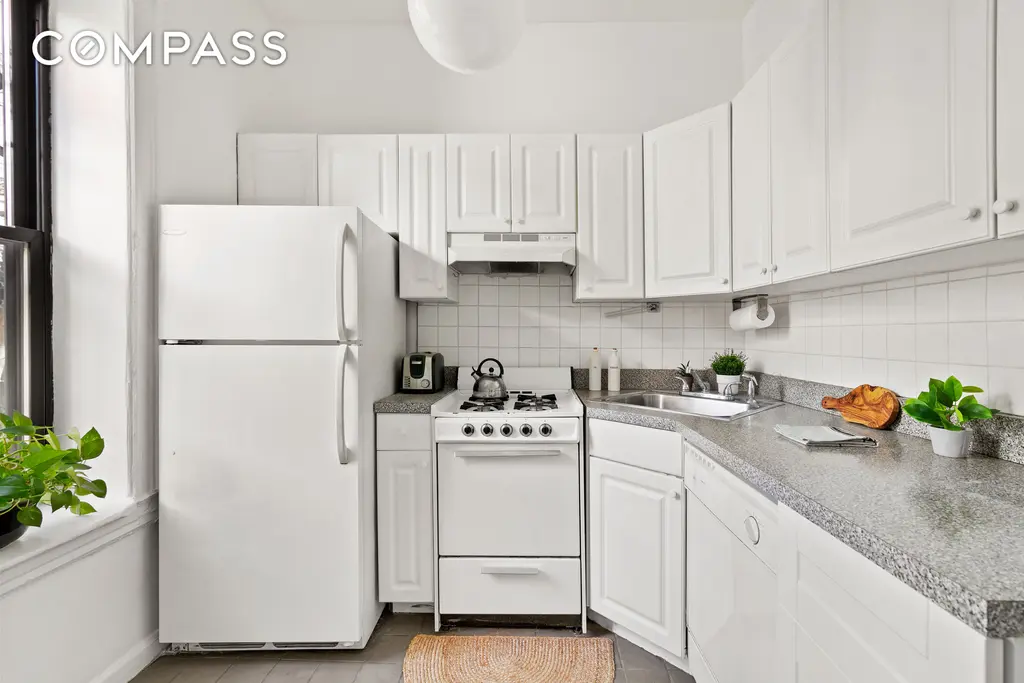
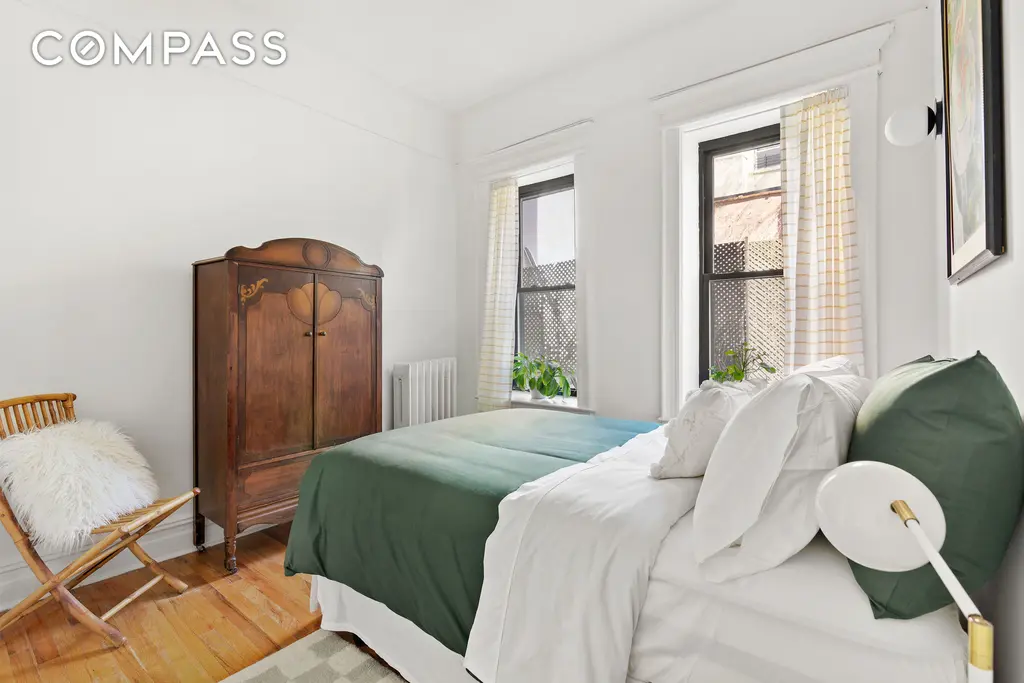
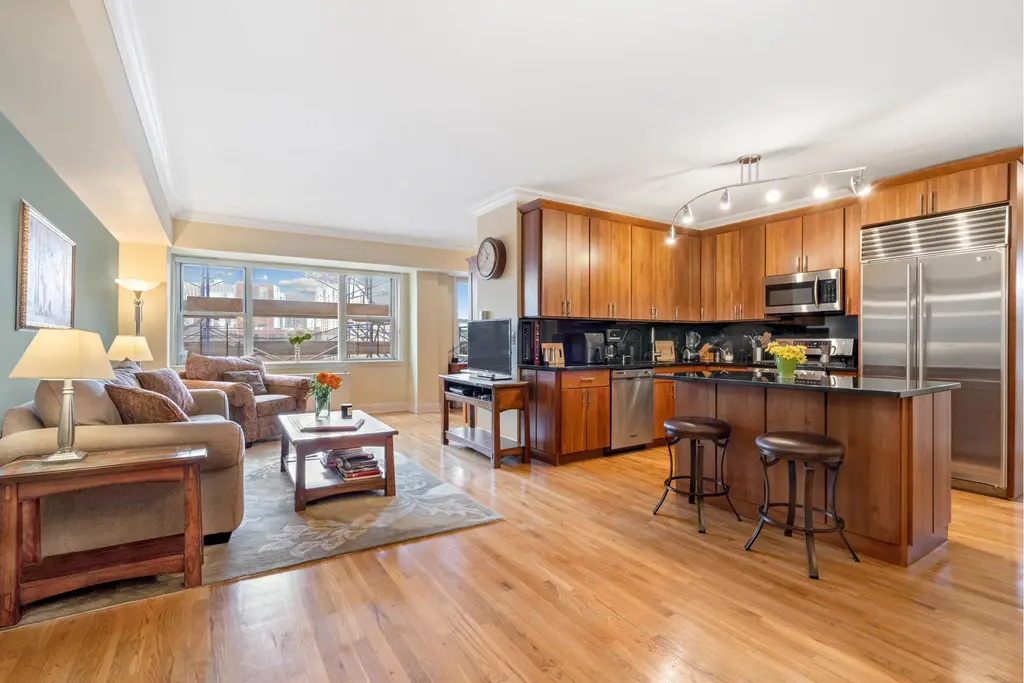
The Park Sutton, #20C (Douglas Elliman Real Estate)
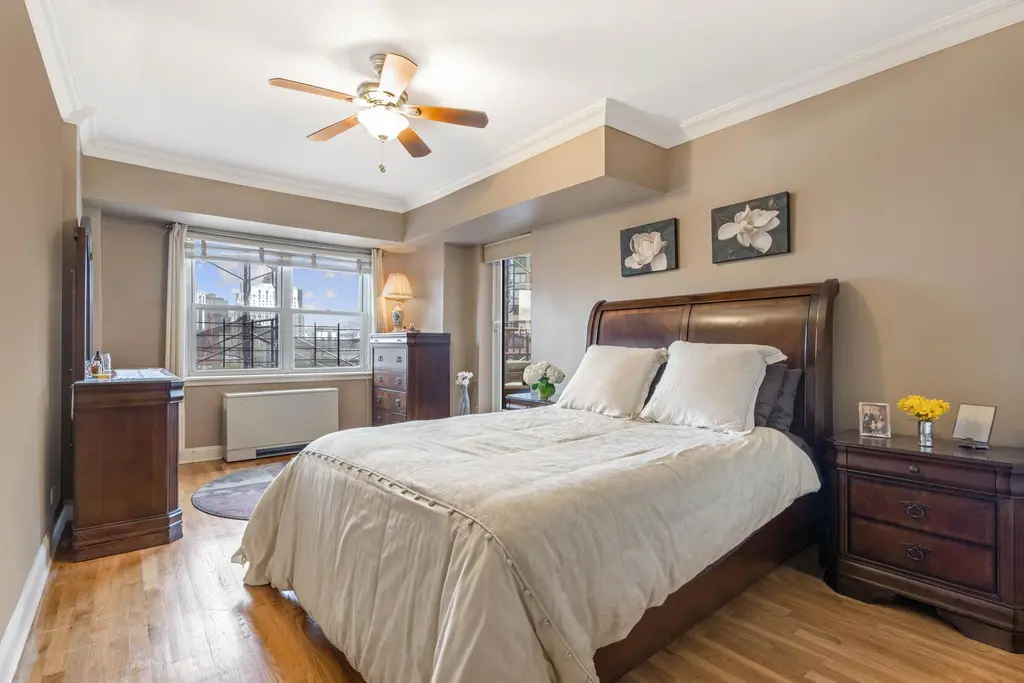
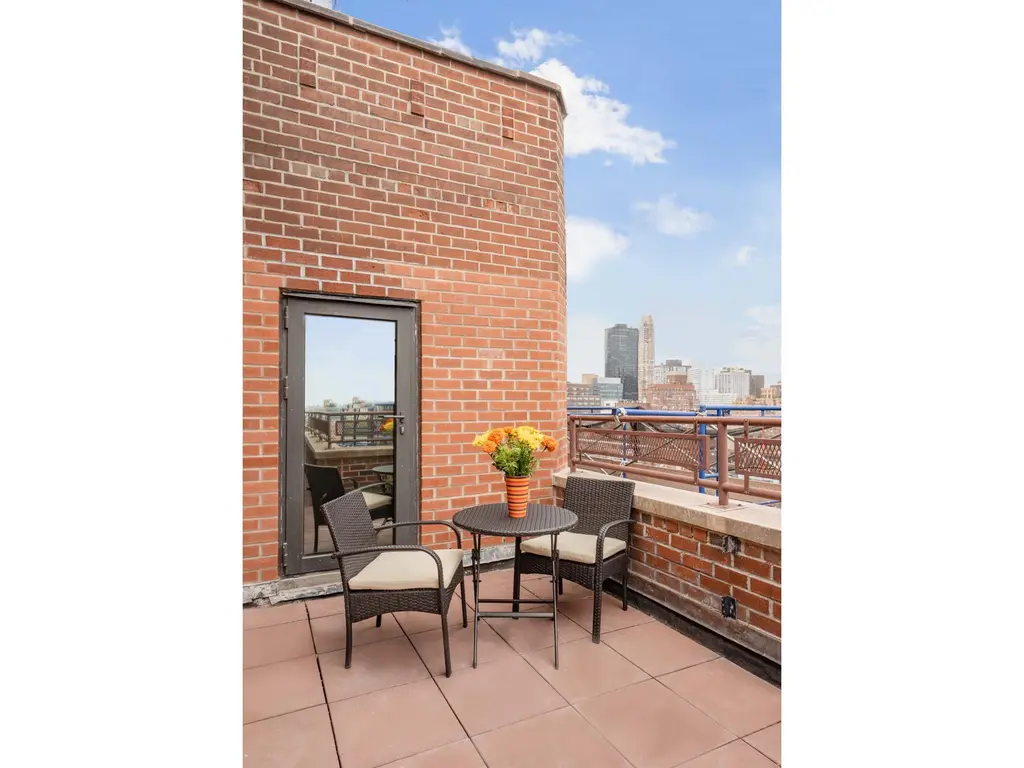
Would you like to tour any of these properties?
Just complete the info below.
Or call us at (212) 755-5544
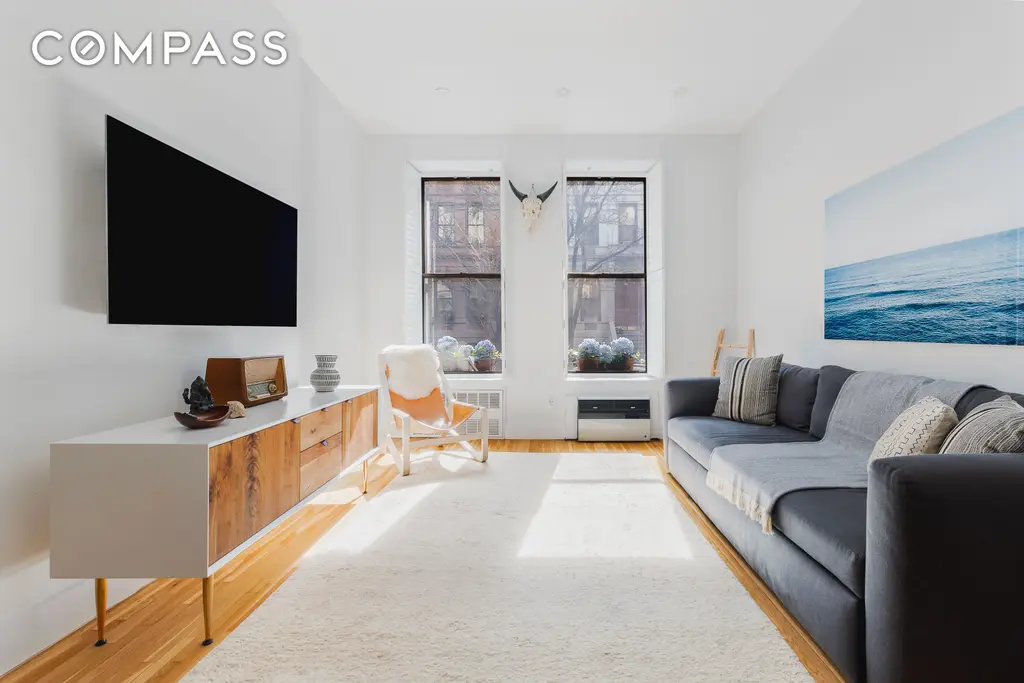
155 West 80th Street, #PARLOR (Compass)
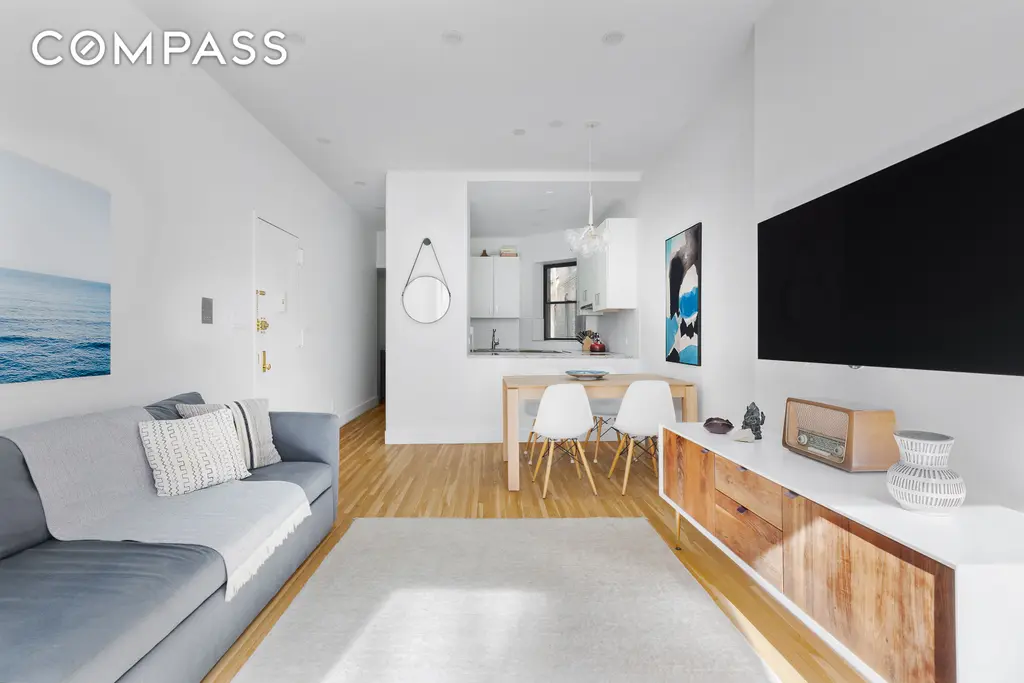
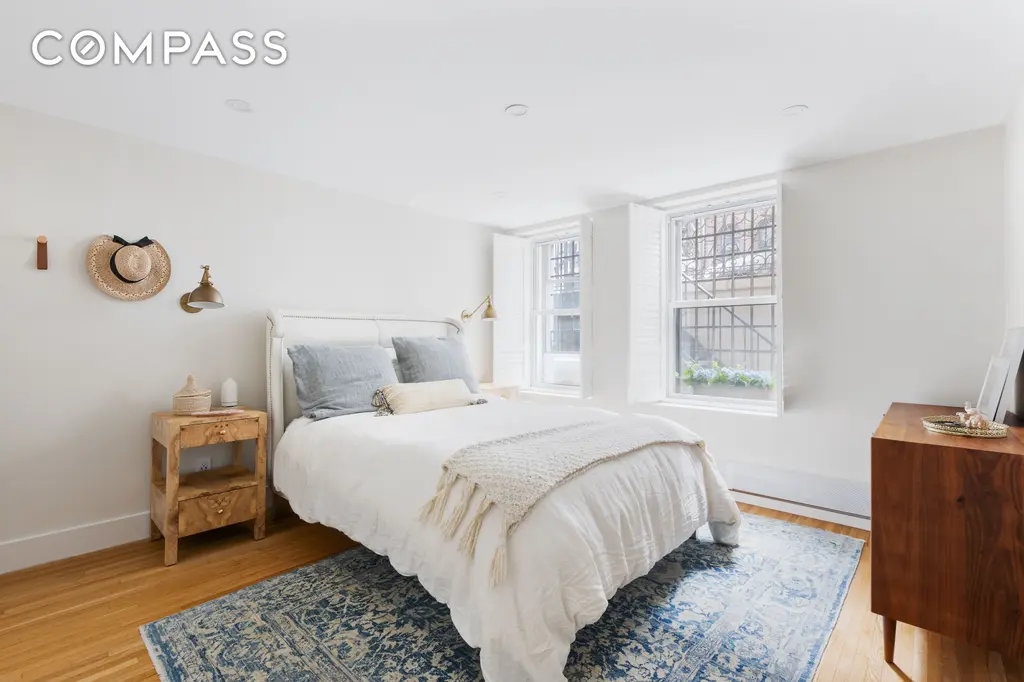
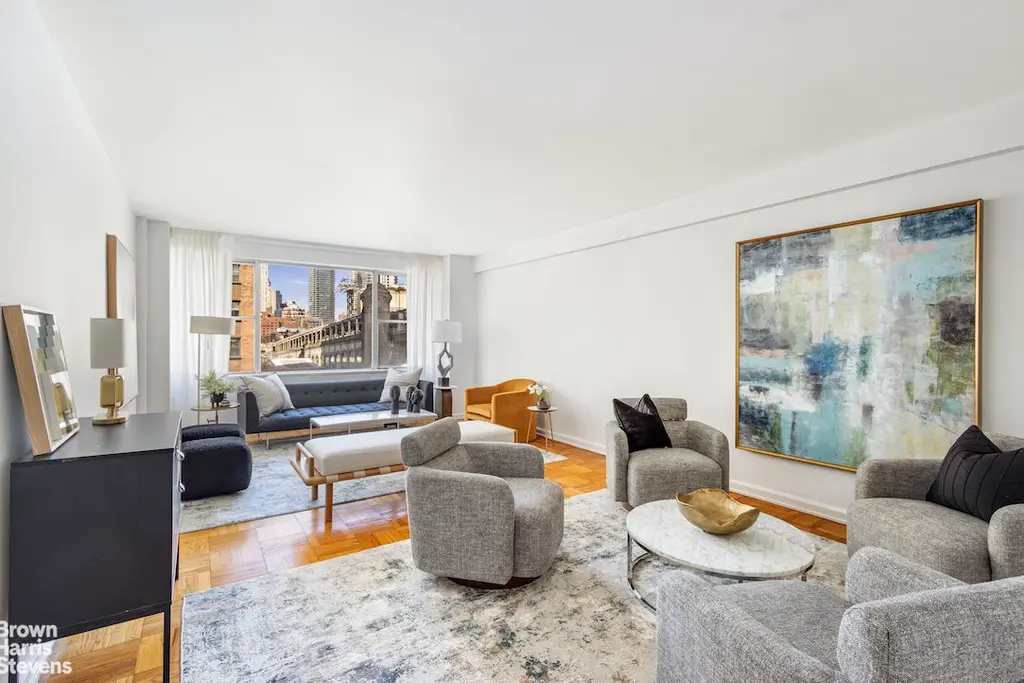
35 Sutton Place, #7D (Brown Harris Stevens Residential Sales LLC)
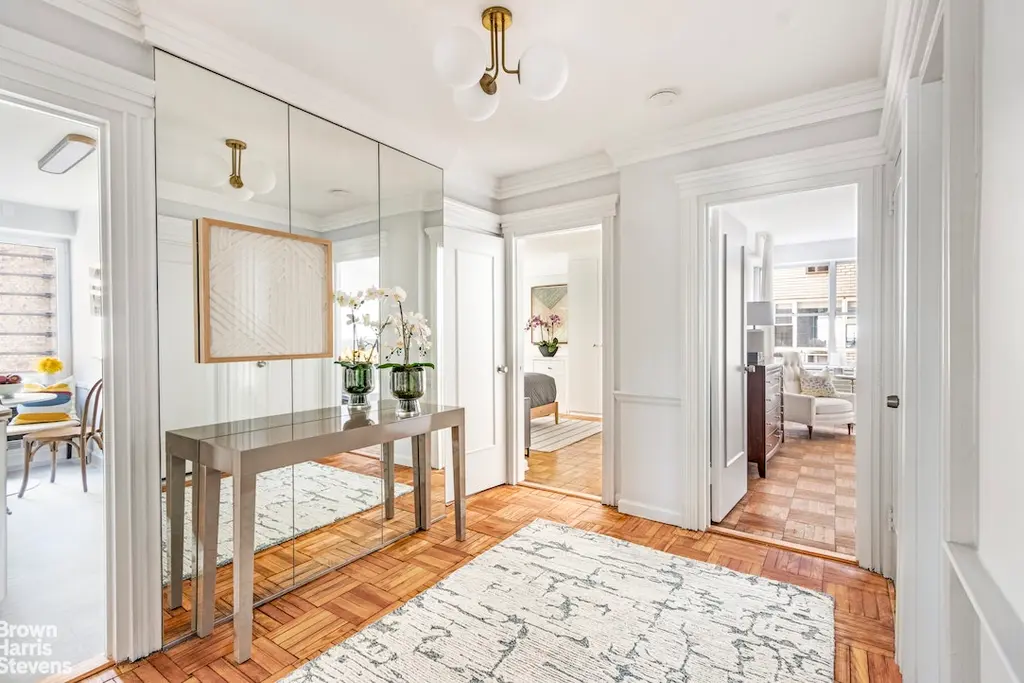
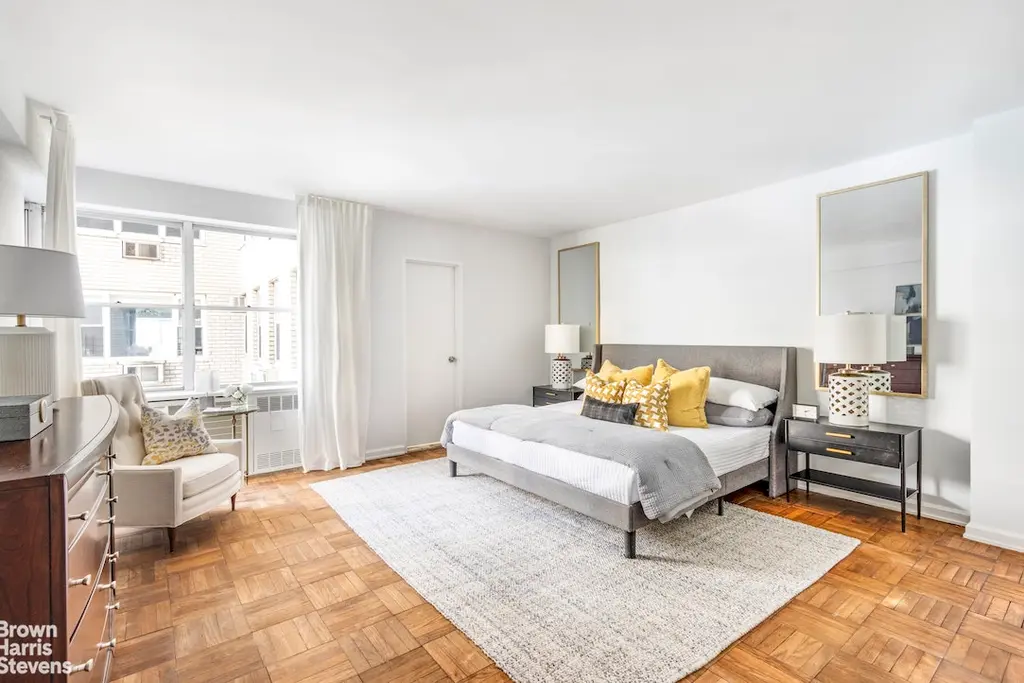
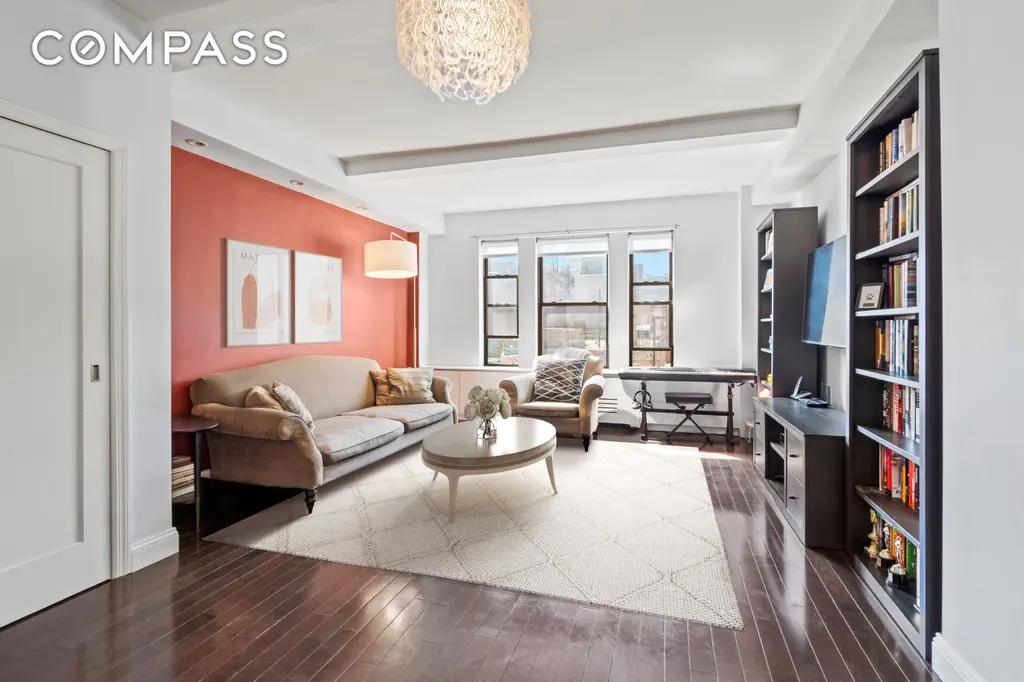
124 East 84th Street, #8D (Compass)
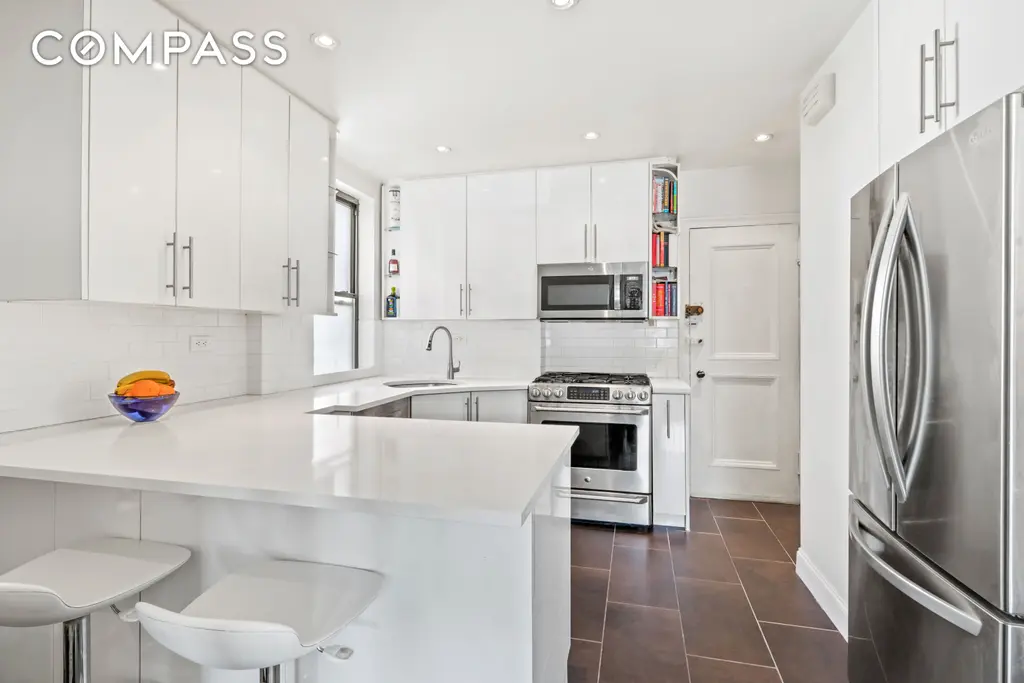
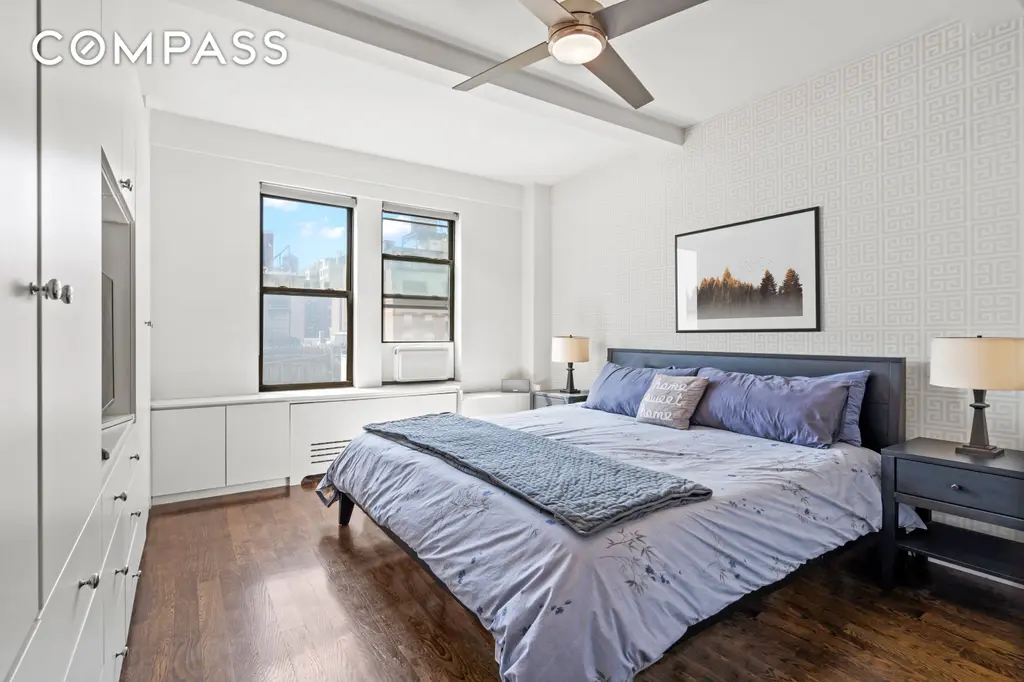
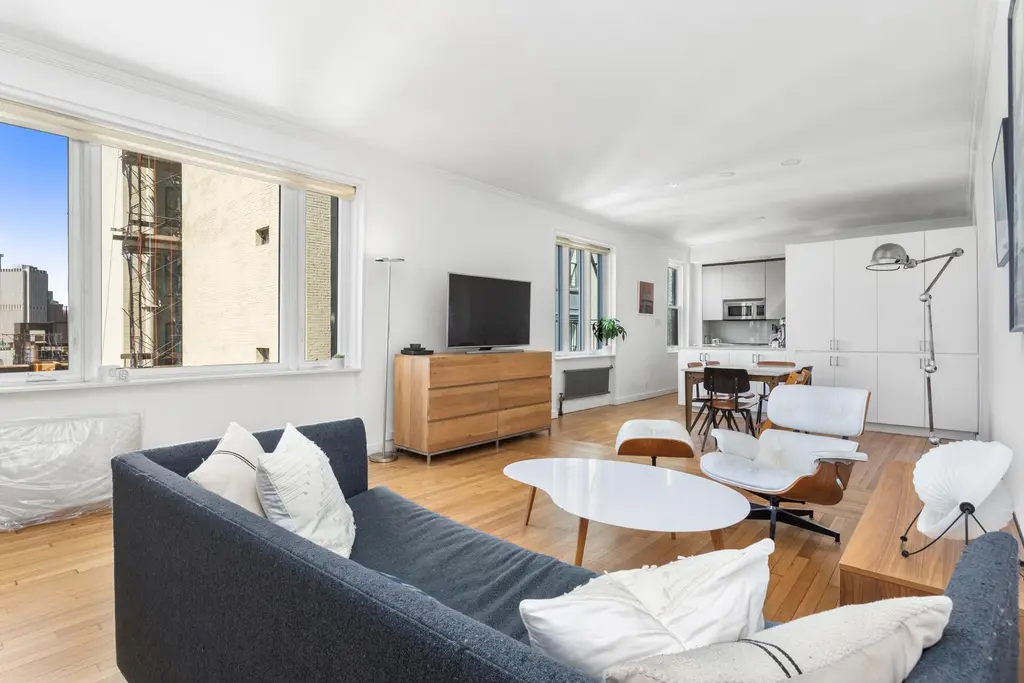
128 Willow Street, #5D (Douglas Elliman Real Estate)
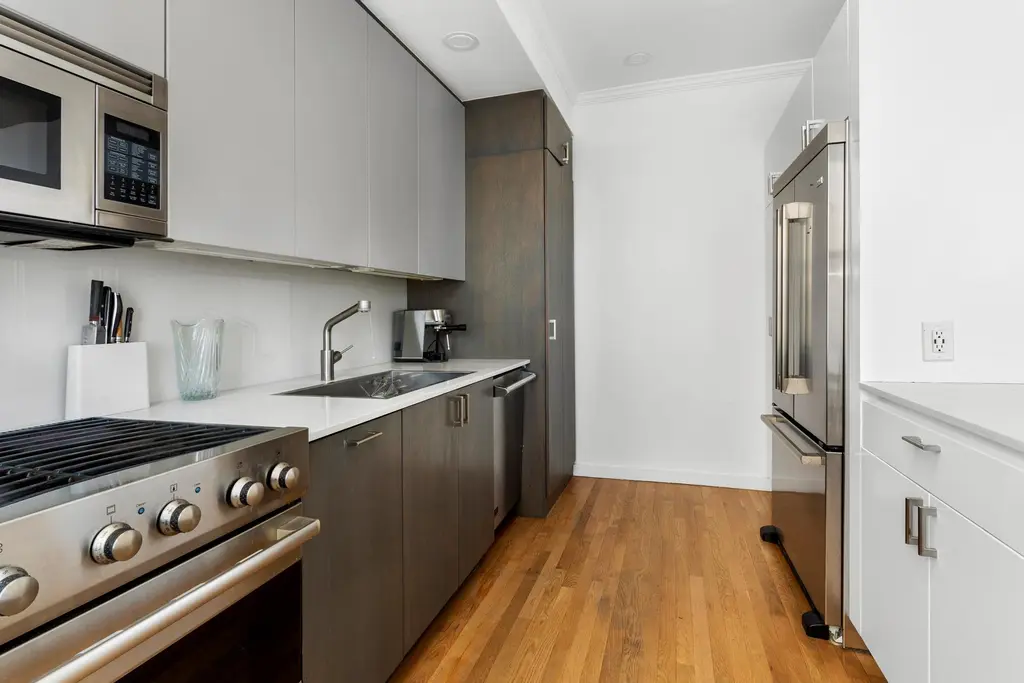
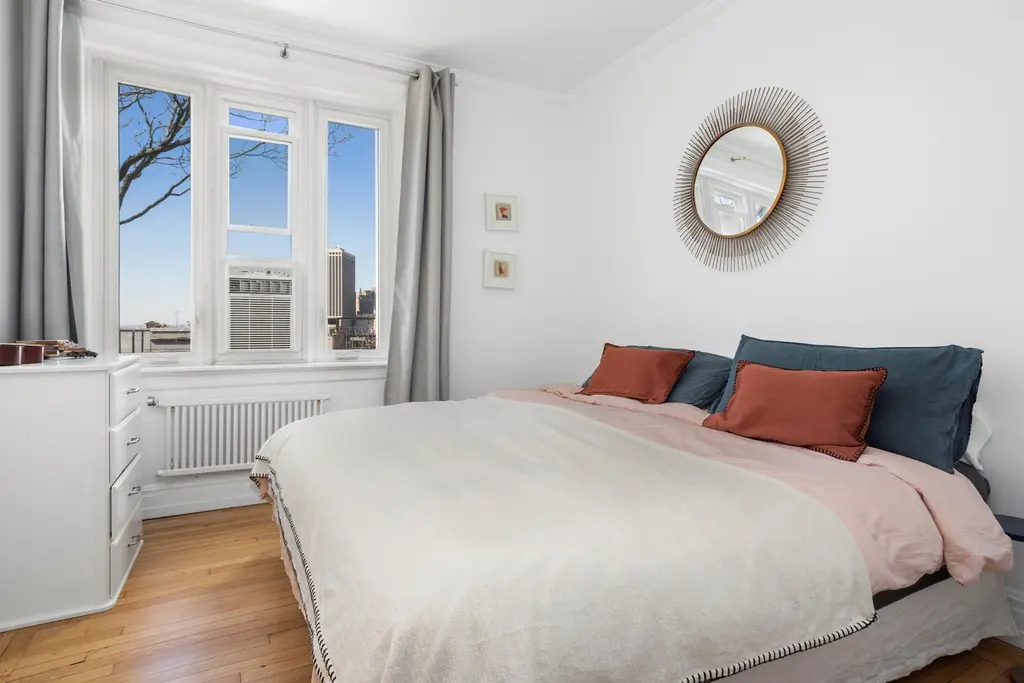
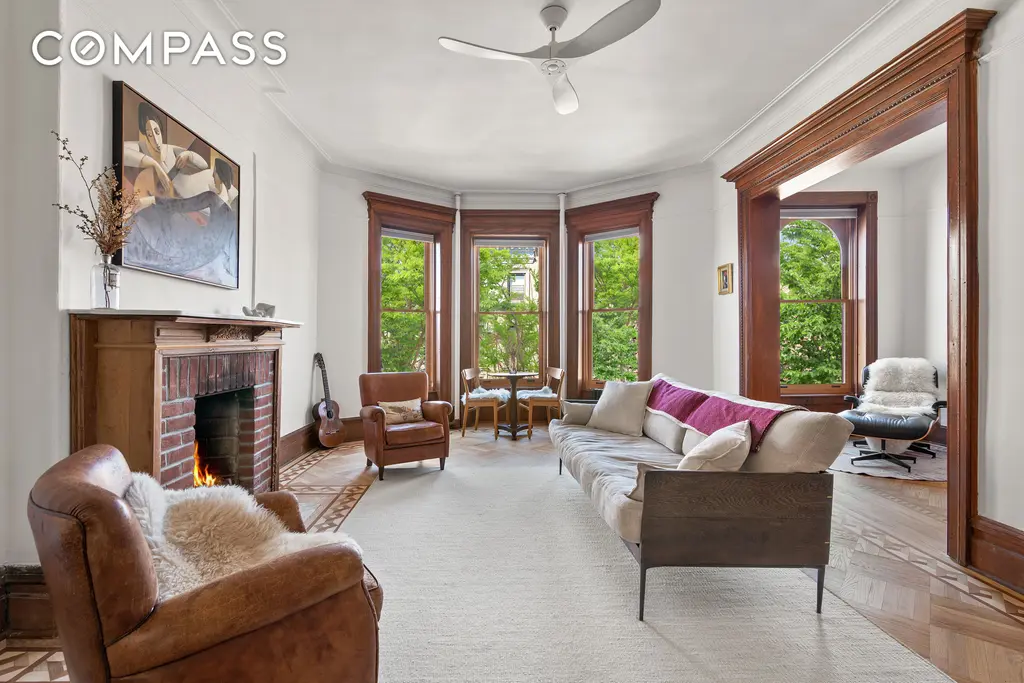
645 Carlton Avenue, #3 (Compass)
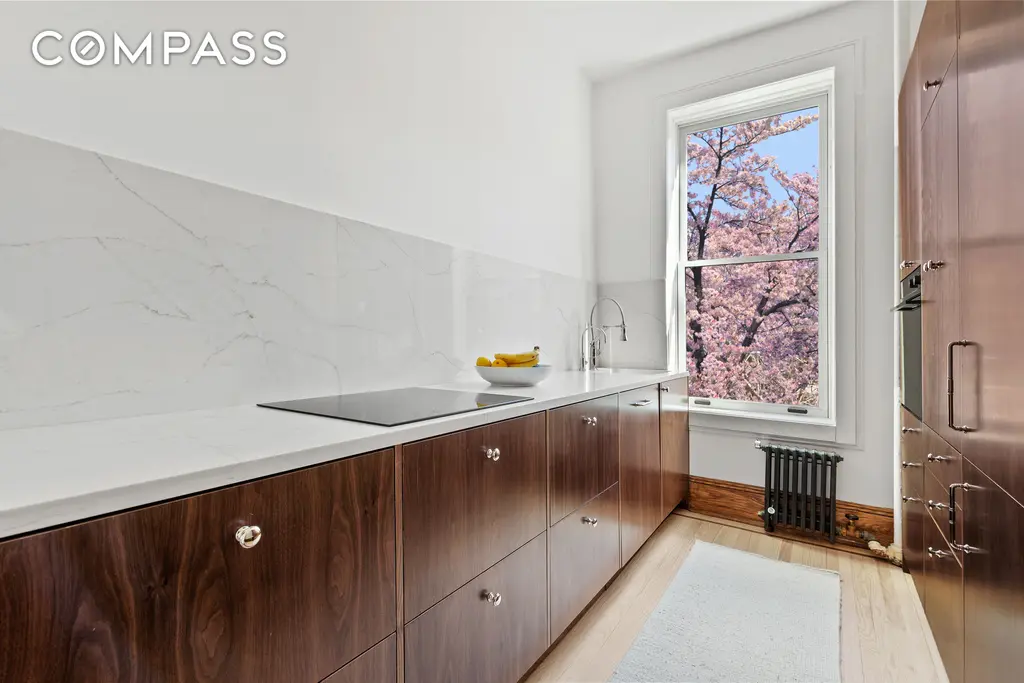
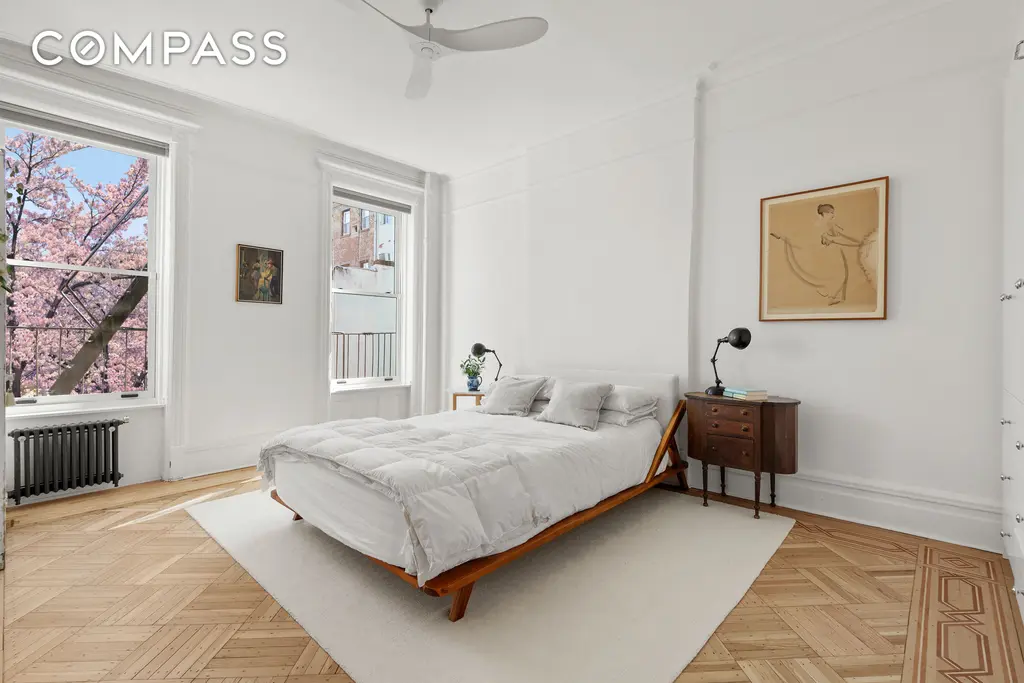
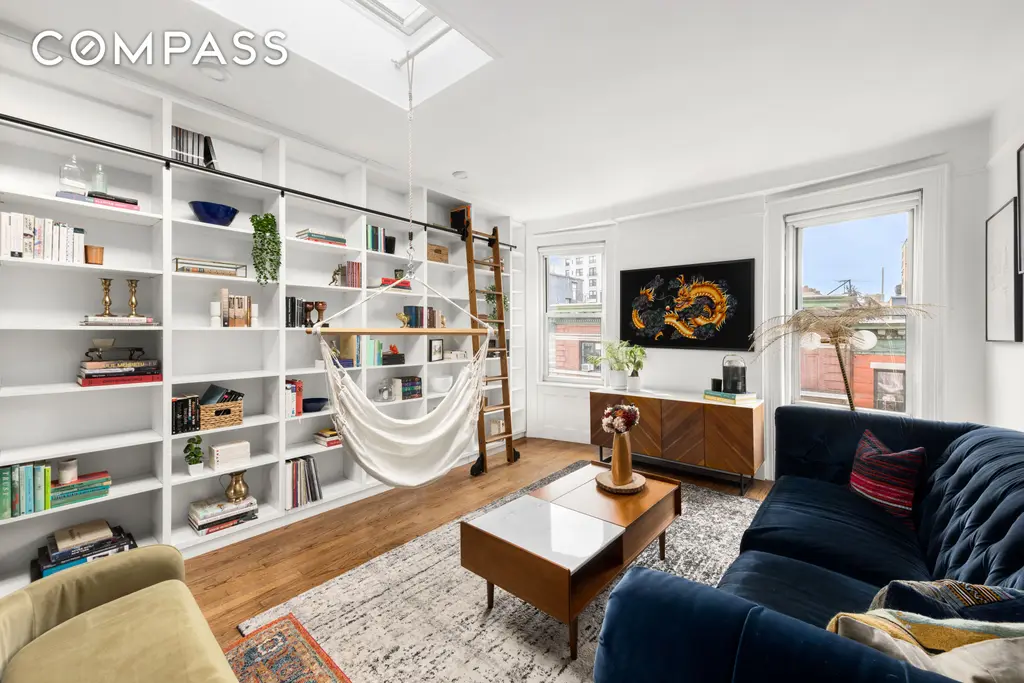
The Albert Court, #7B (Compass)
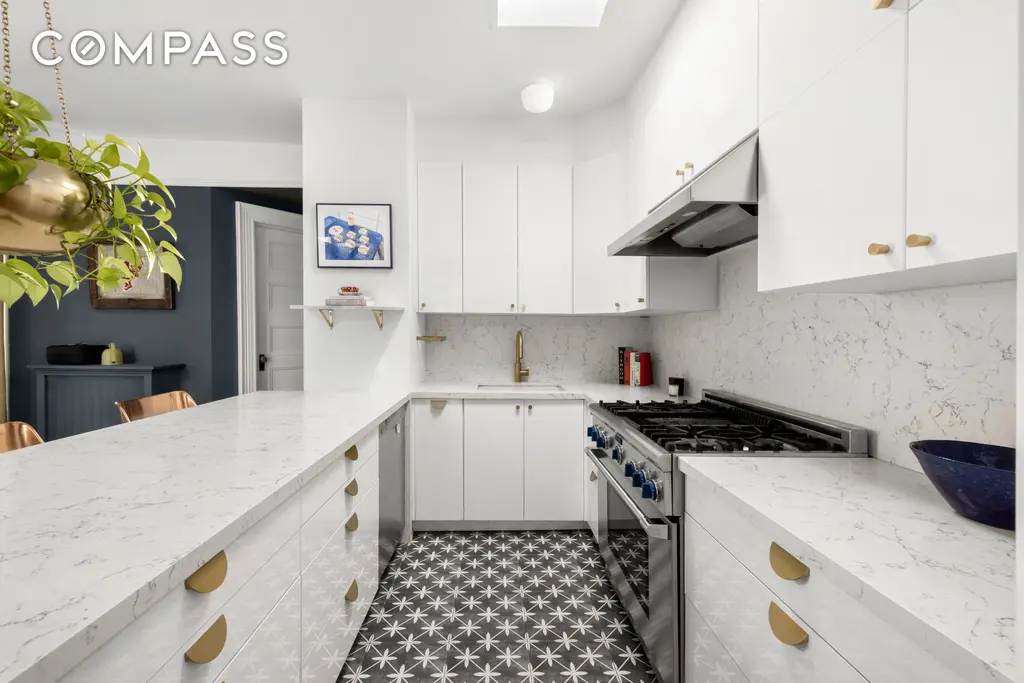
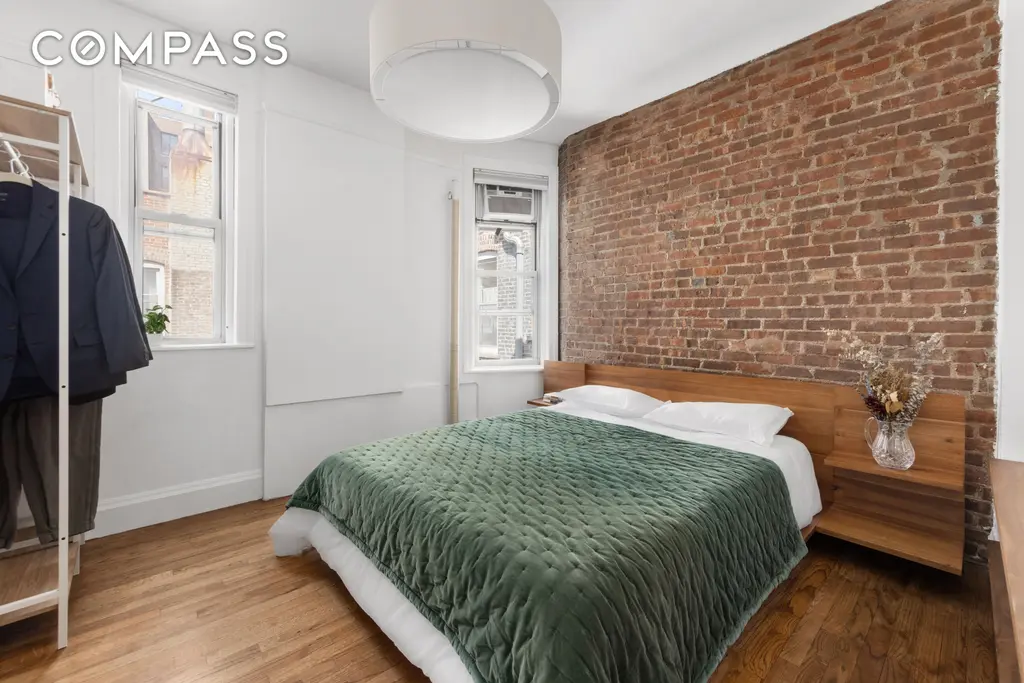

136 East 64th Street, #5C (Brown Harris Stevens Residential Sales LLC)


45 East 72nd Street, #7A
$2,250,000
Park/Fifth Ave. to 79th St. | Cooperative | 2 Bedrooms, 2 Baths | 1,600 ft2
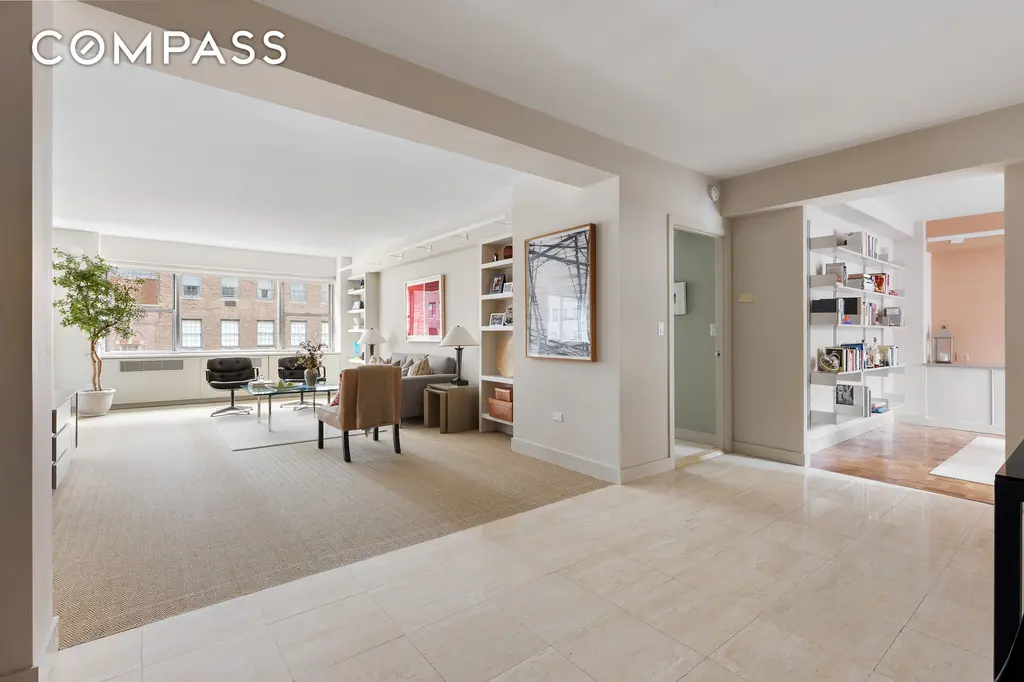
45 East 72nd Street, #7A (Compass)
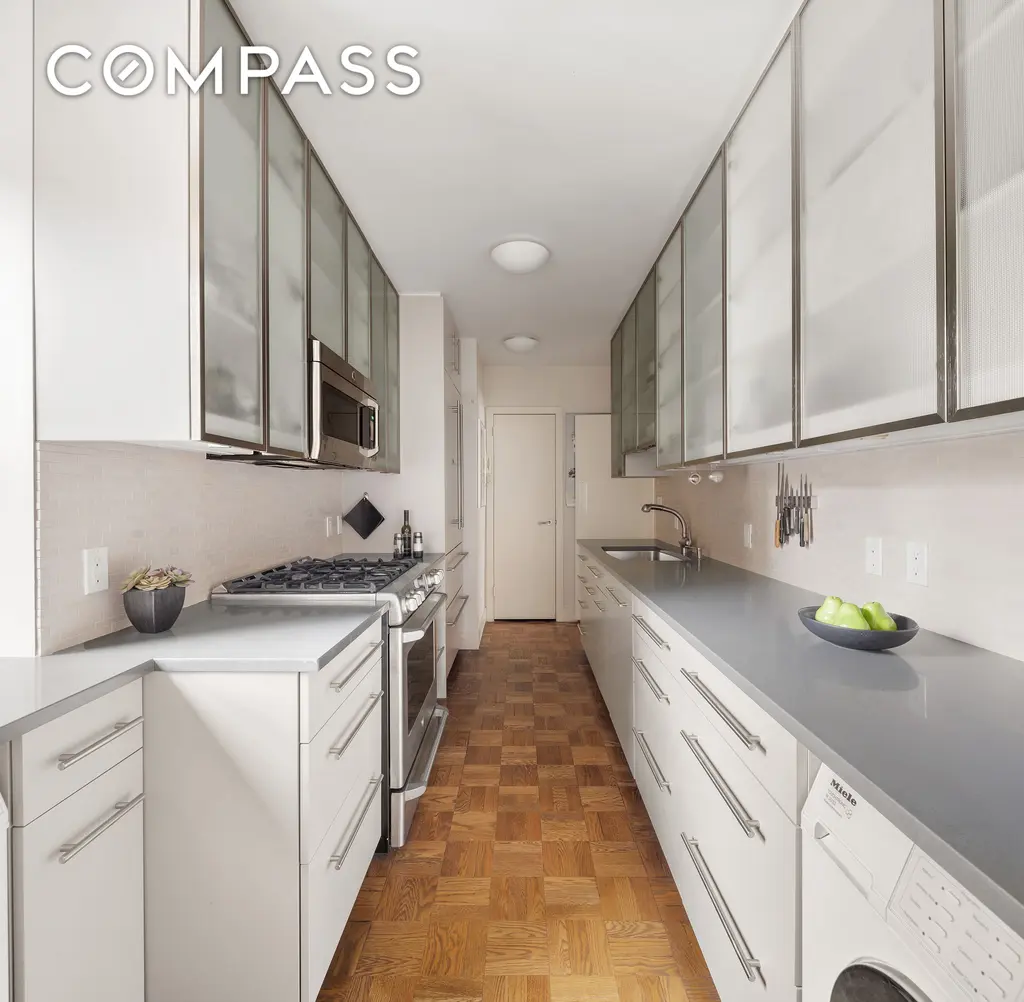
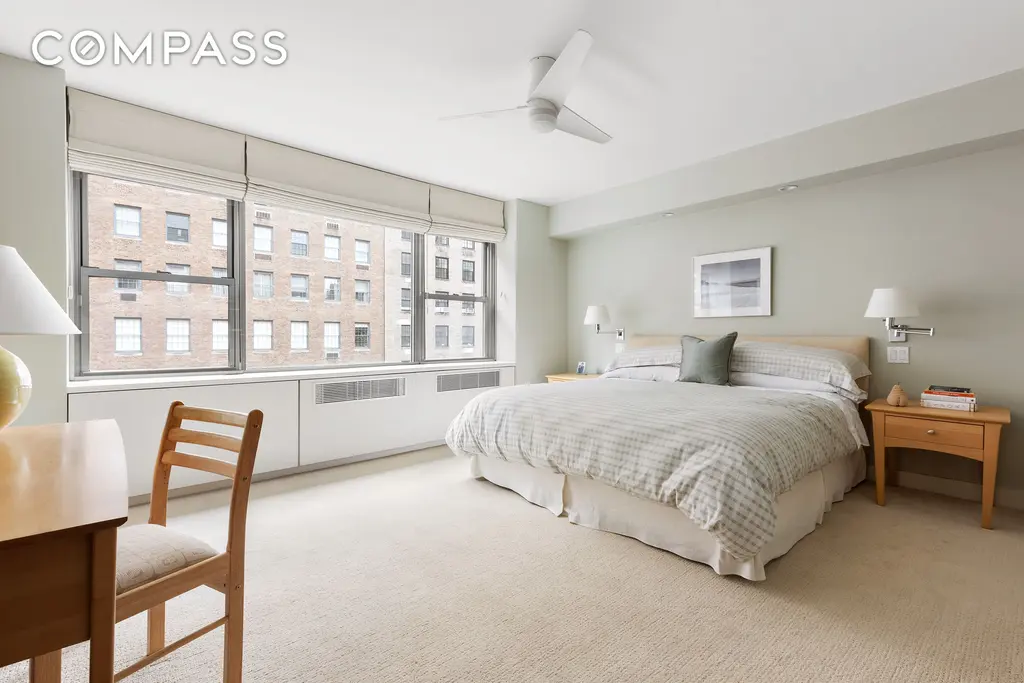
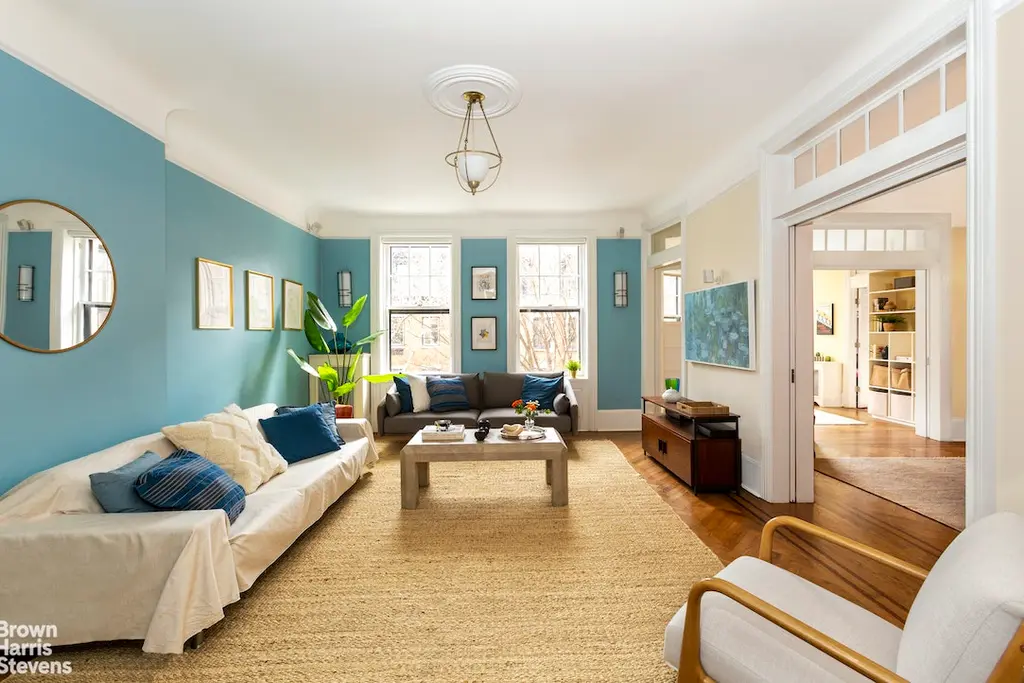
61 Pierrepont Street, #41 (Brown Harris Stevens Brooklyn LLC)
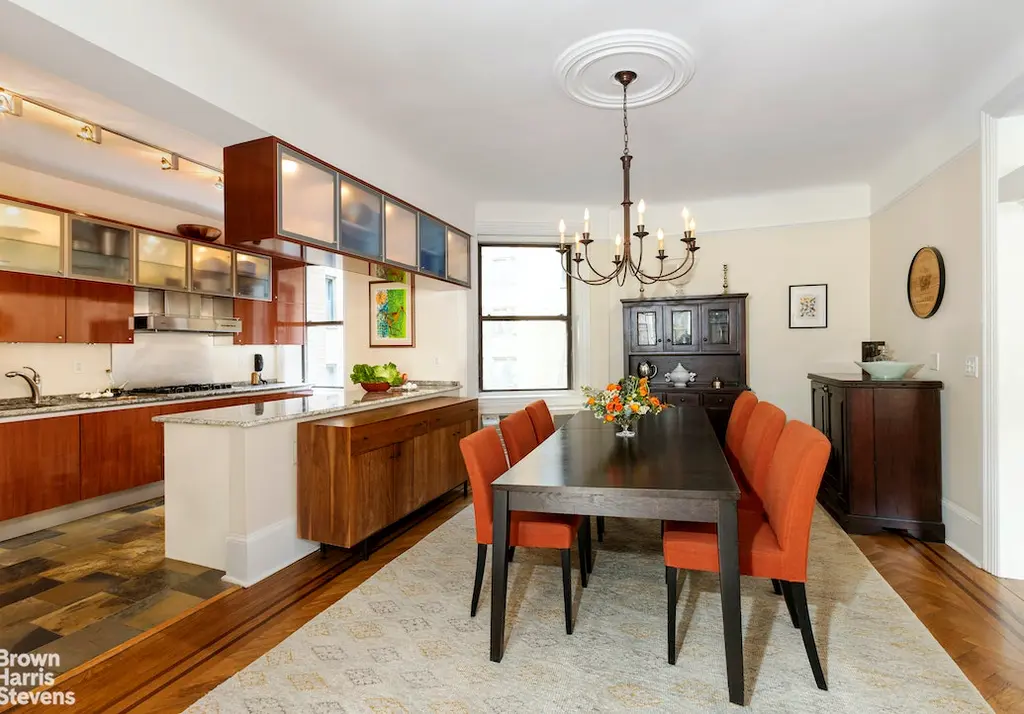
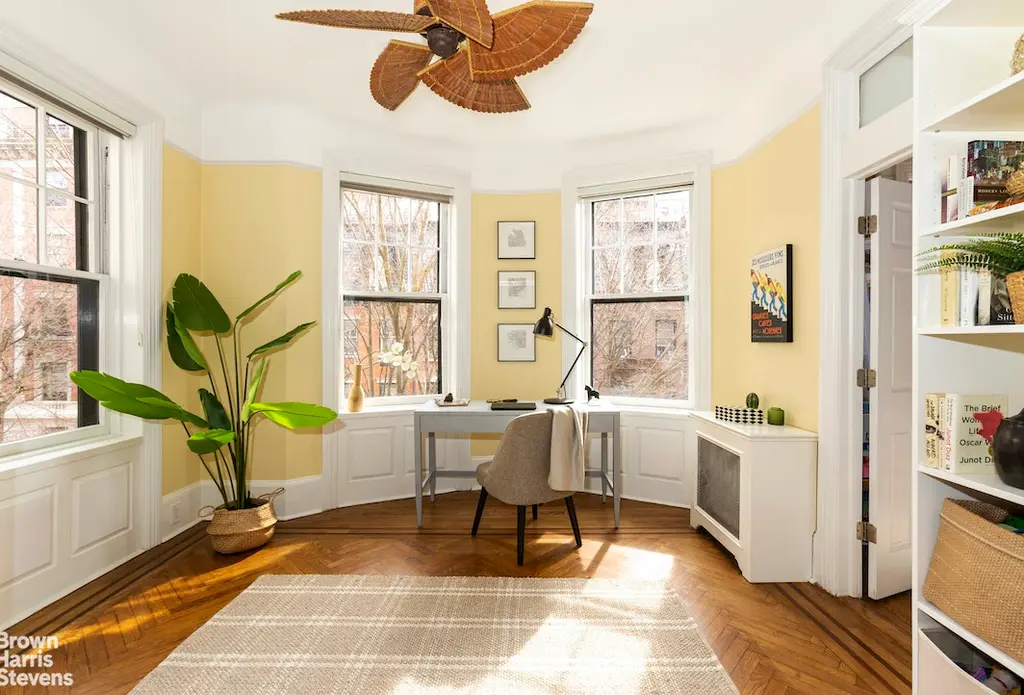
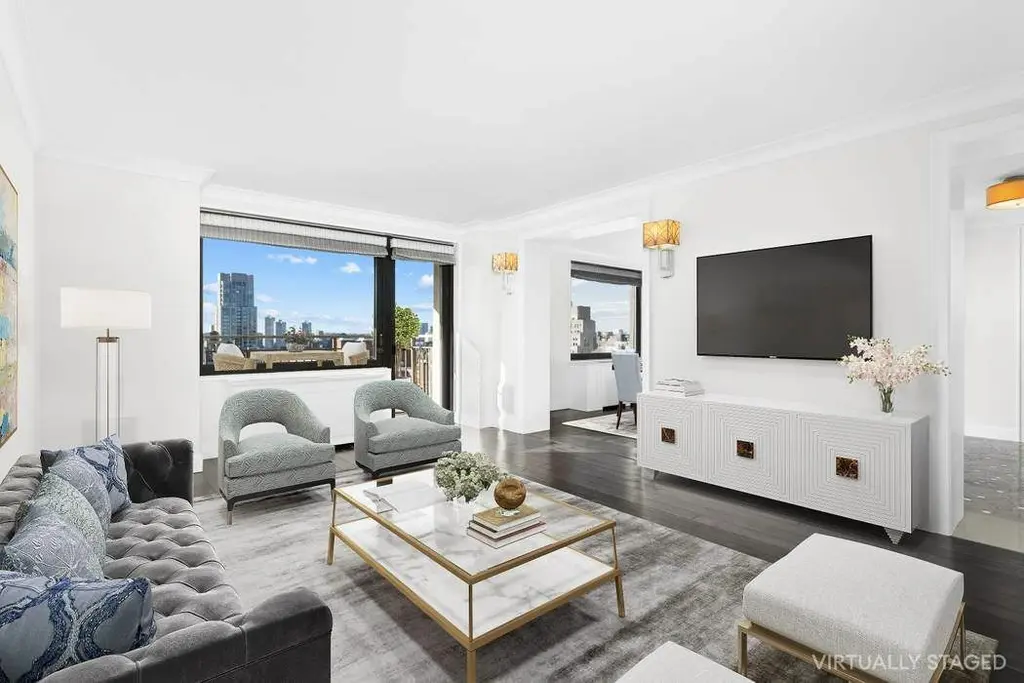
Sherman Square, #22KL (Sothebys International Realty)

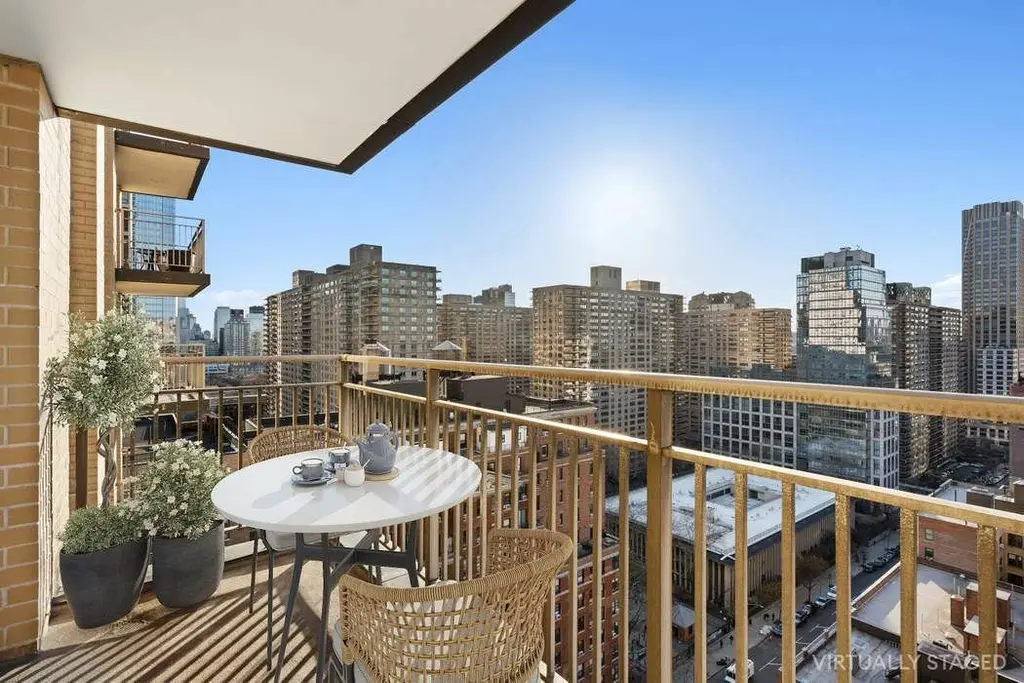
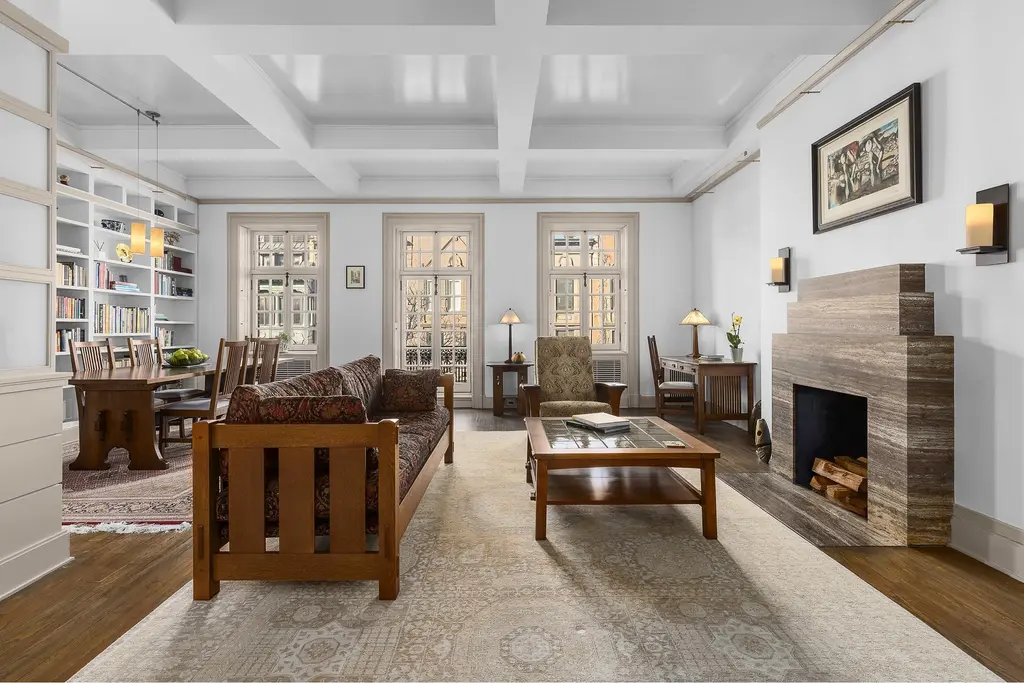
34 West 74th Street, #4C (Douglas Elliman Real Estate)
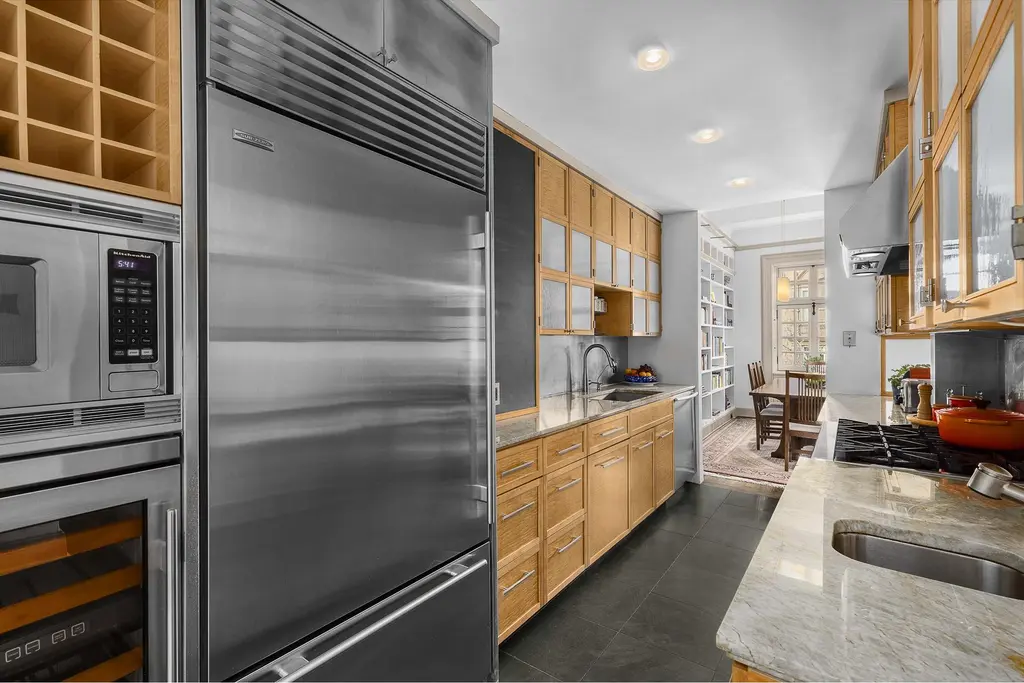
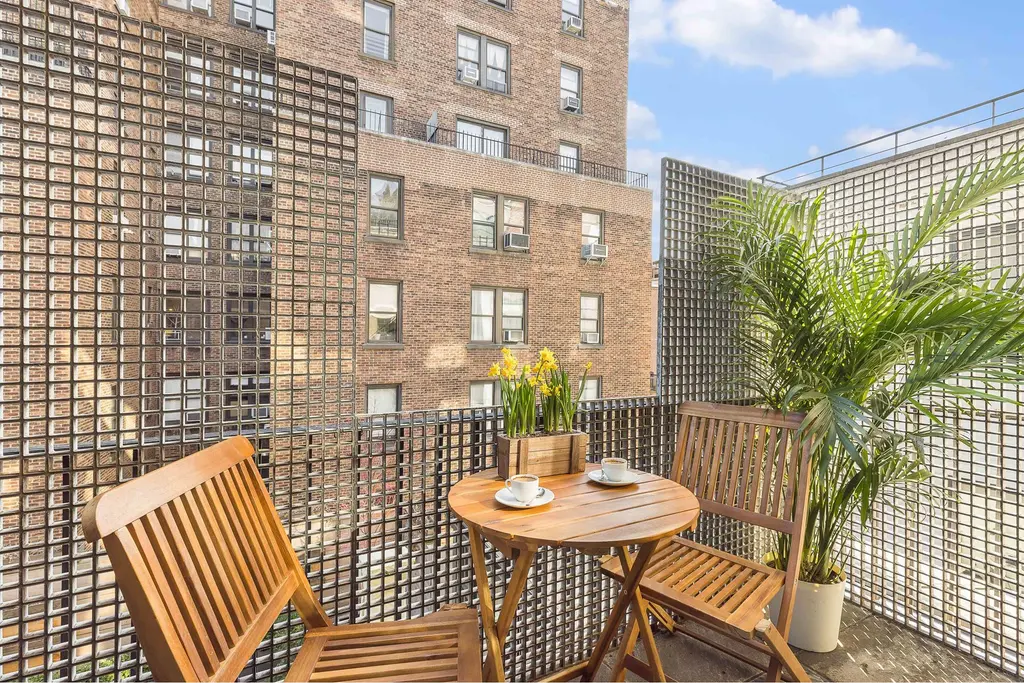
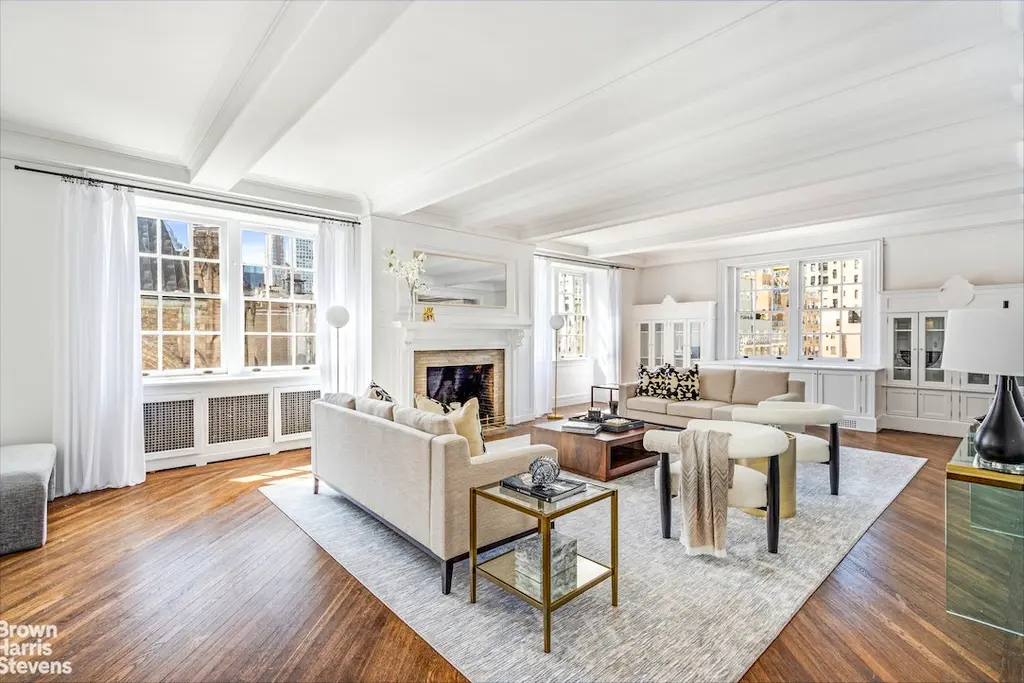
The Studio Building, #8/9B (Brown Harris Stevens Residential Sales LLC)
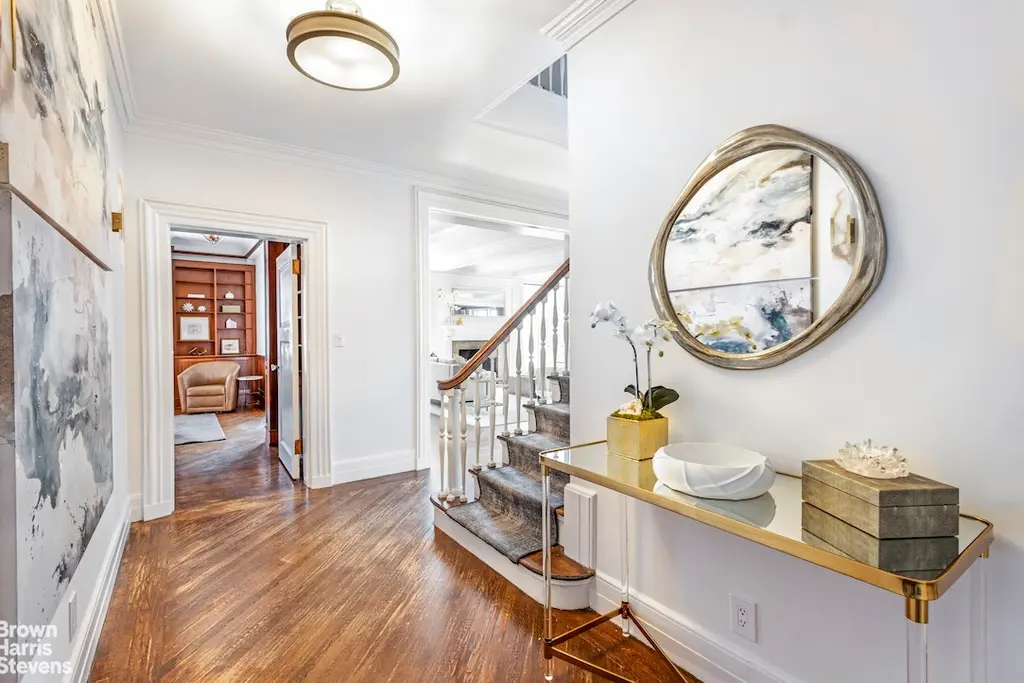
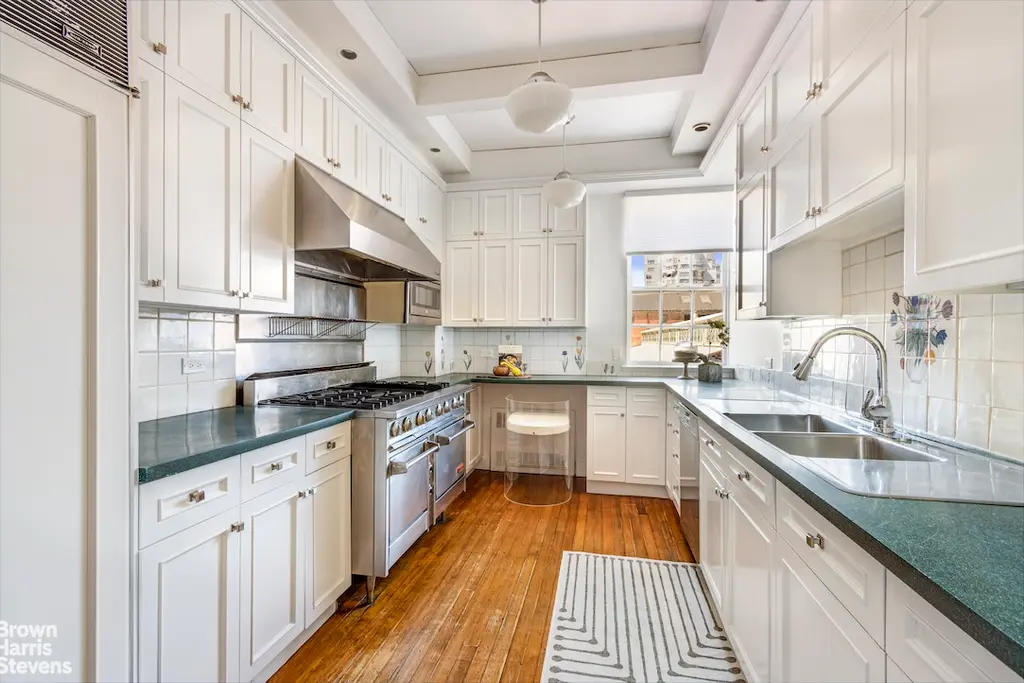
411 West End Avenue, #3/4B
$5,595,000
Riverside Dr./West End Ave. | Cooperative | 4 Bedrooms, 3.5 Baths | 3,350 ft2
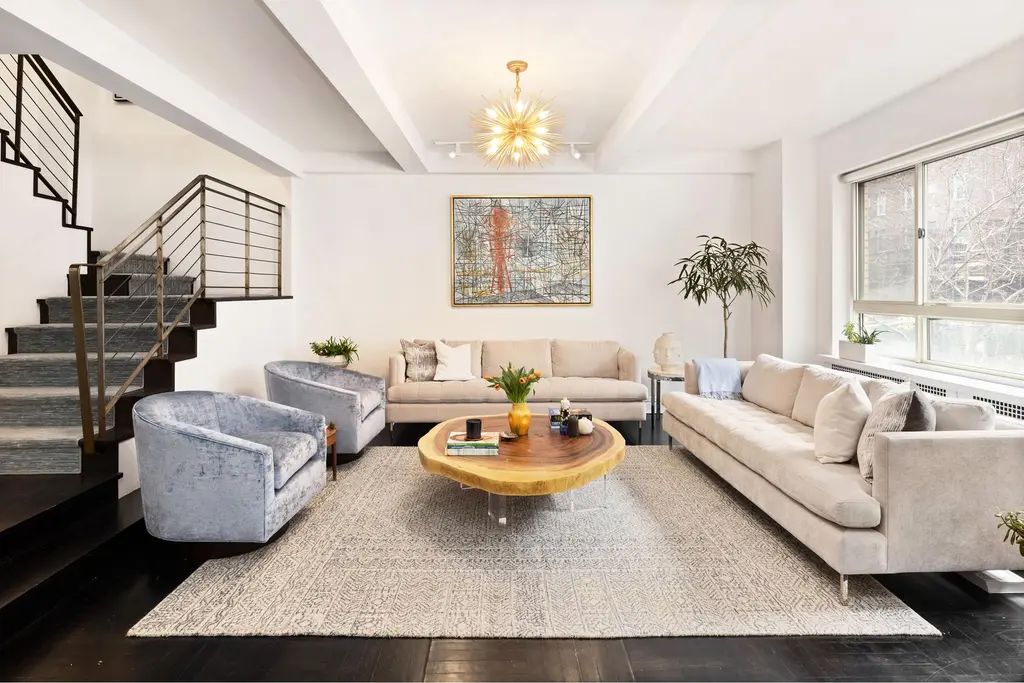
411 West End Avenue, #3/4B (Douglas Elliman Real Estate)
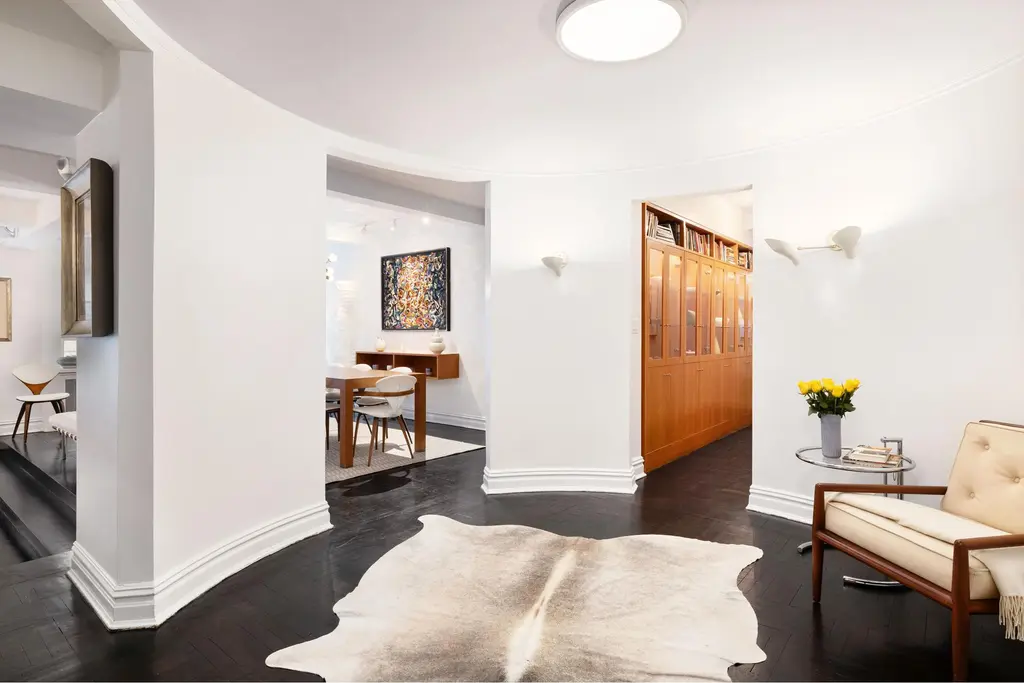


1 East End Avenue, #8/9B (Compass)
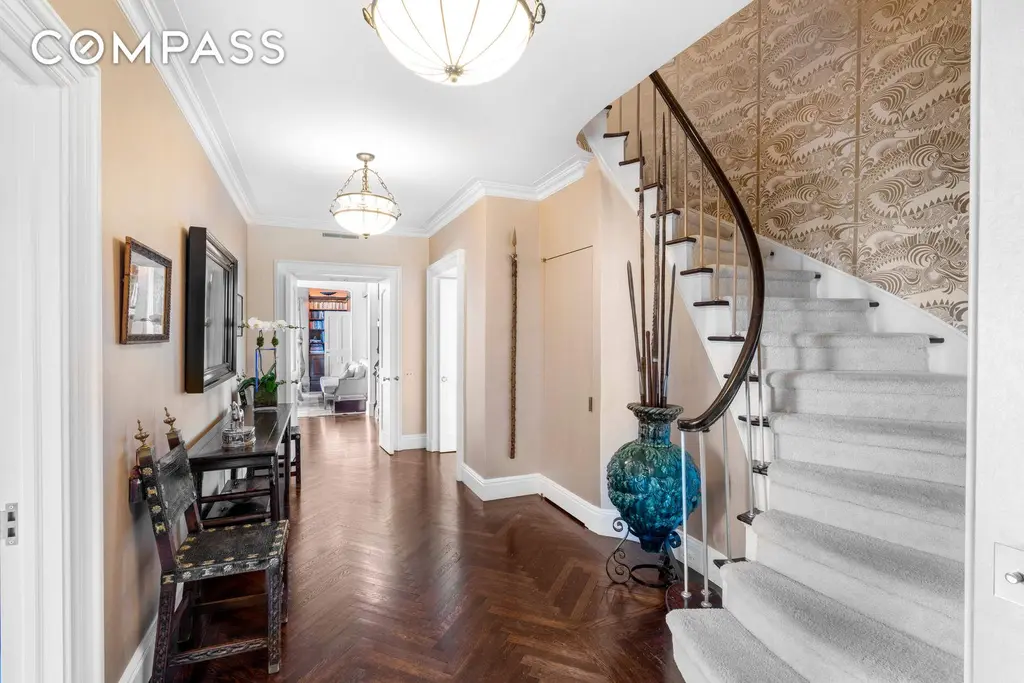

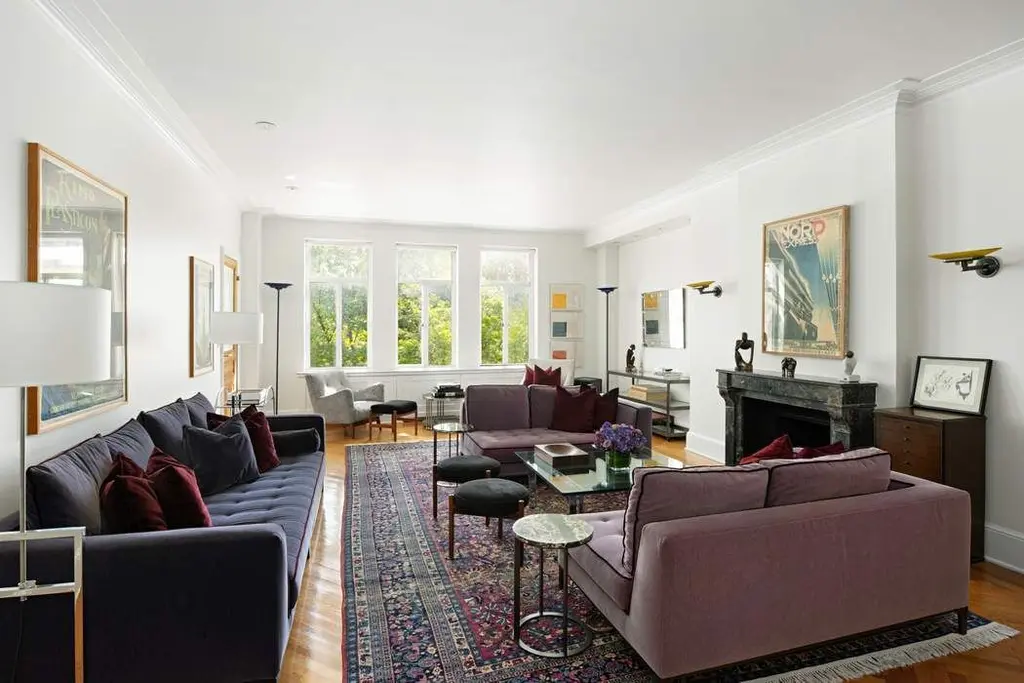
The Beresford, #5G (Sothebys International Realty)


Would you like to tour any of these properties?
Just complete the info below.
Or call us at (212) 755-5544
Would you like to tour any of these properties?




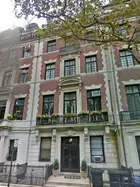


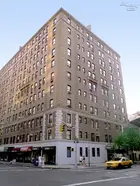
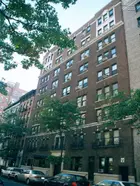

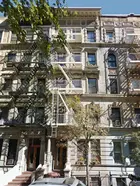
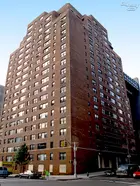

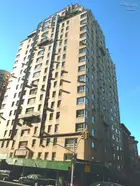
 6sqft delivers the latest on real estate, architecture, and design, straight from New York City.
6sqft delivers the latest on real estate, architecture, and design, straight from New York City.
